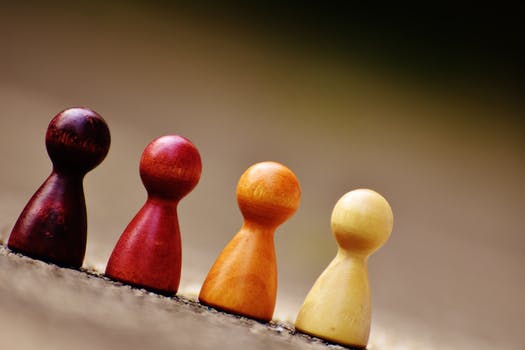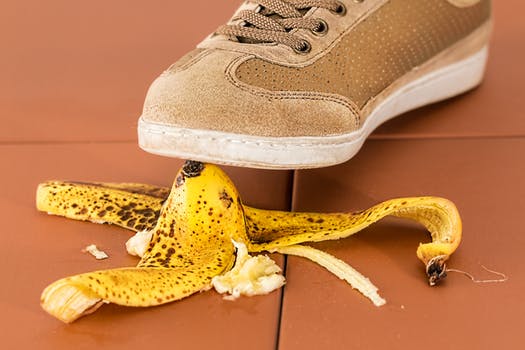The Robert Frost Quandary, or How Irrational Thinking Might Save Your Life

You stumble out of the wilderness, having had no contact with humans for at least ten days. You’re weak from hunger and fatigue and you find yourself at a crossroads, power lines stretching out along each of the separate roadways. It’s decision time. You think about Robert Frost’s poem, and wonder if his advice to take the road less traveled might not just lead to your demise. What do you do, or more importantly, which brain system should you use to make this crucial decision? Daniel Kahneman, famed psychologist, winner of the Nobel prize for prospect theory and author of Thinking Fast and Thinking Slow might be the one guy to call, assuming your existential crossroads gets cellphone reception. Kahneman explains that we have two systems for making decisions. He refers to them simply as System 1 and System 2. System 1 is reflexive, automatic, and impulsive. It takes a constant reading of your surroundings and generates short-term predictions, all operating on a level beneath yo...





